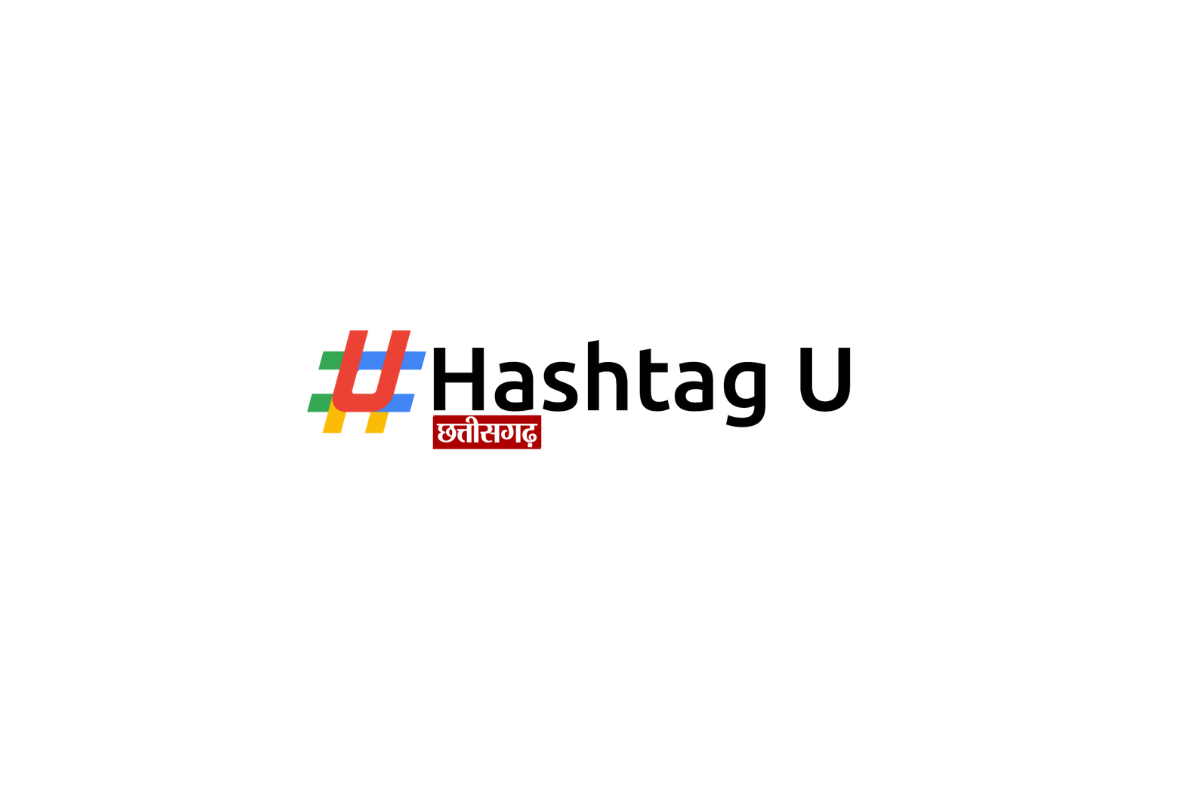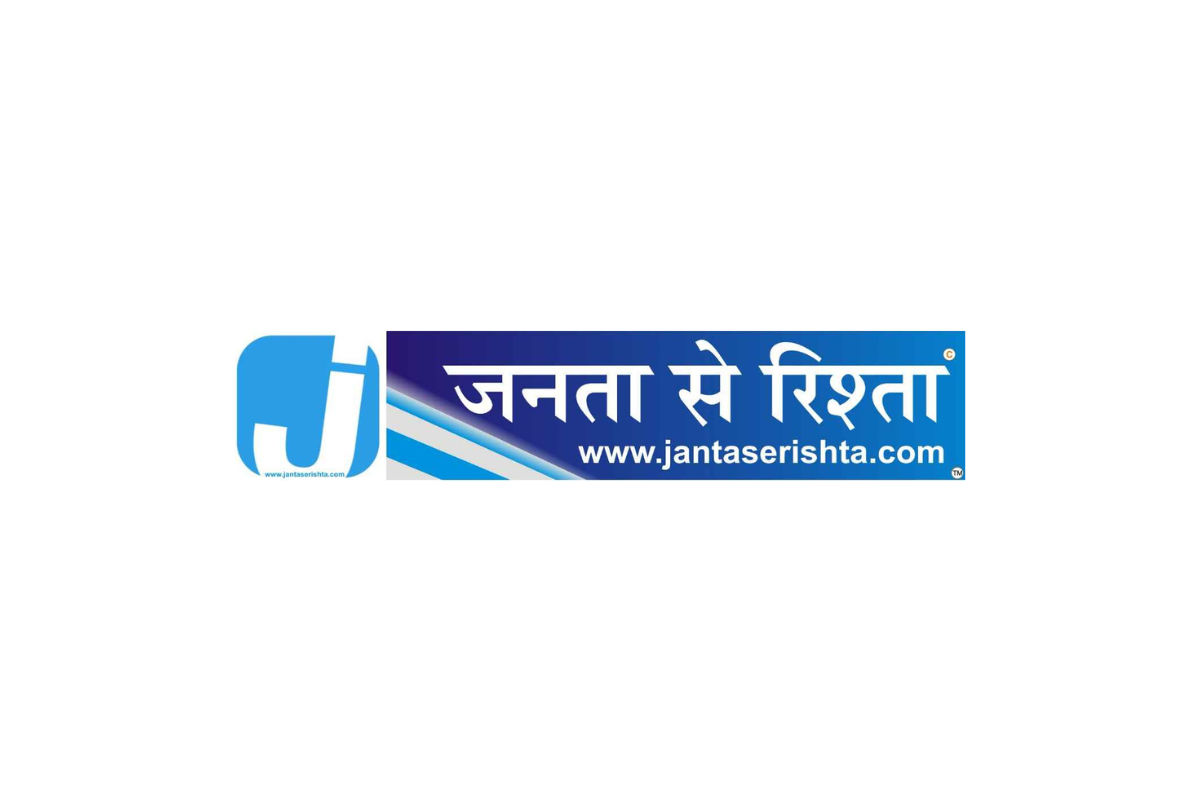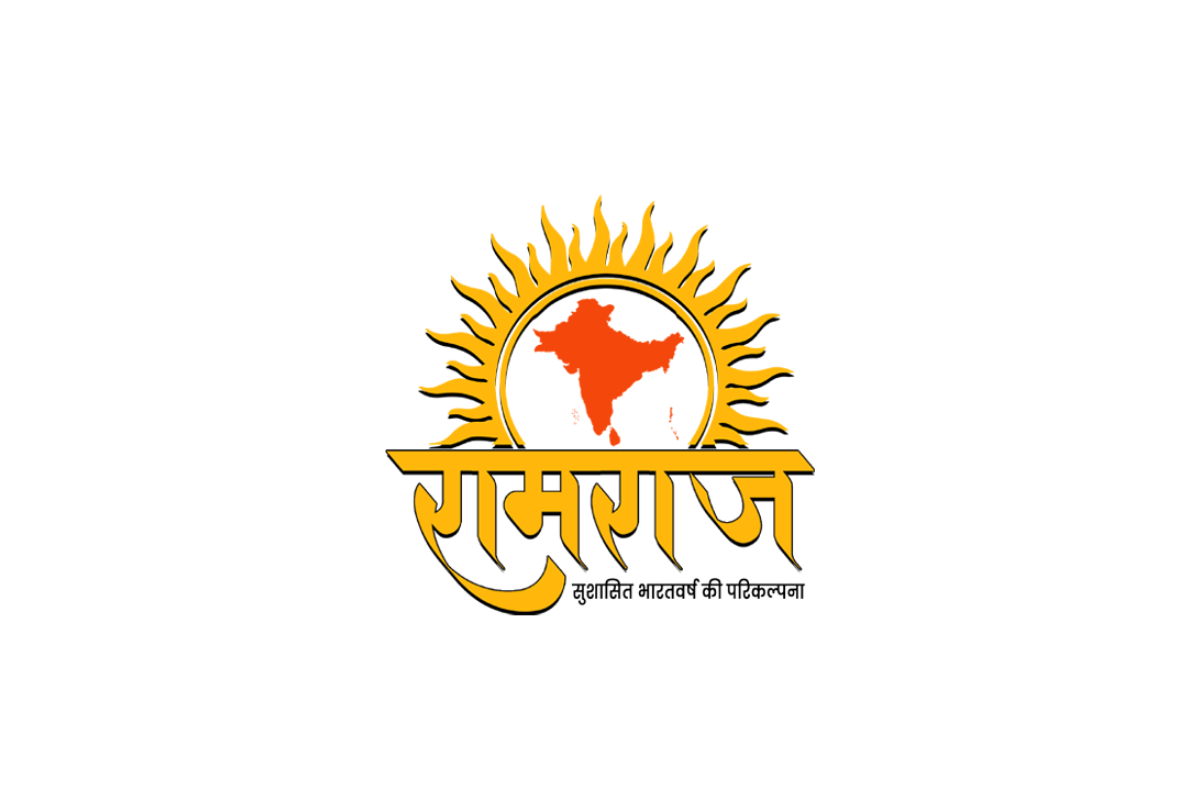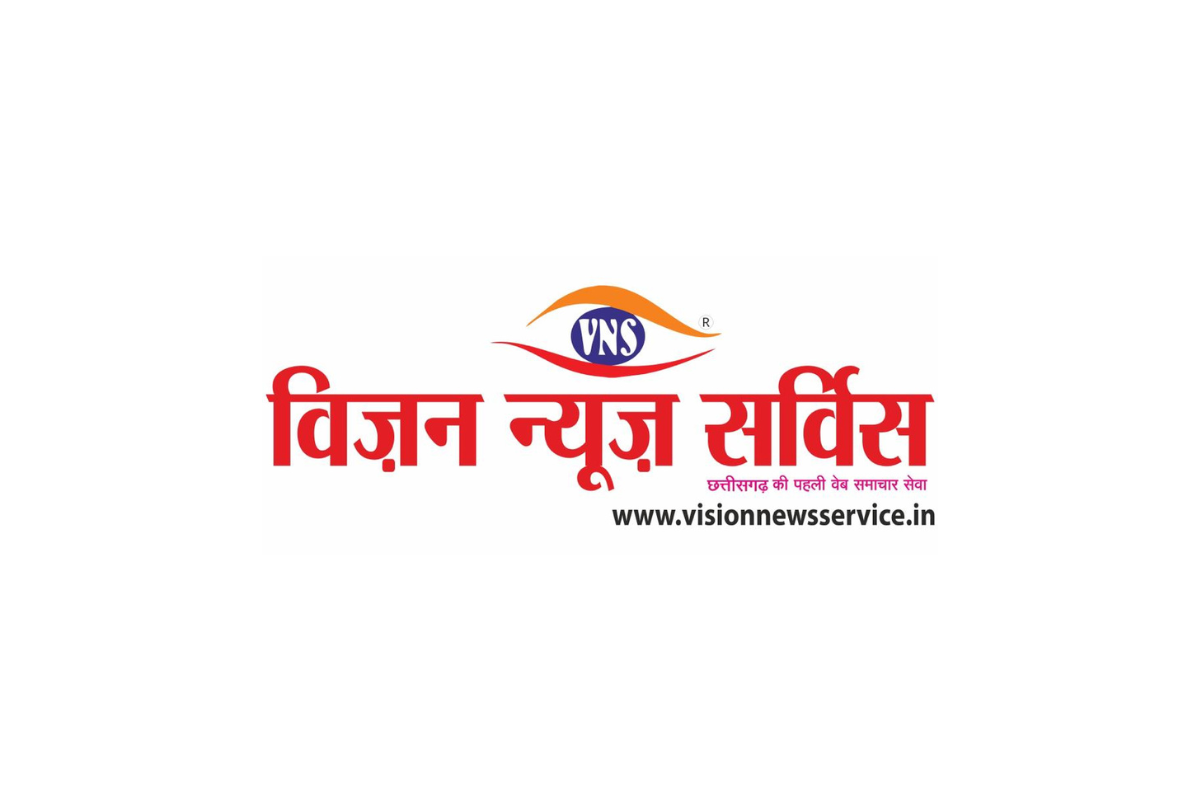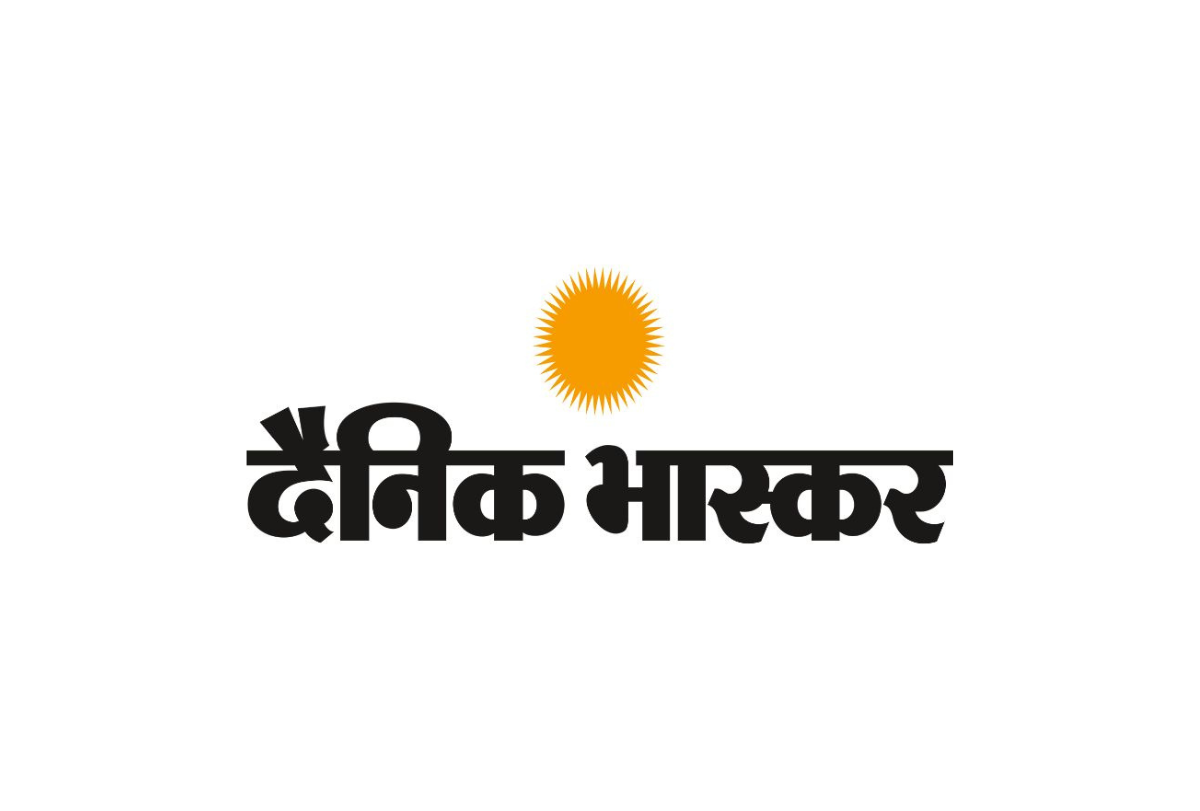Mumbai: Women’s self-help groups across India have been playing a crucial role in managing the fallout of the Covid-19 pandemic, even as they deal with members’ reduced incomes, which have caused unpaid dues to stack up over the past year, women across Jharkhand, Uttar Pradesh and Madhya Pradesh told us in interviews.
“Last year was quite difficult,” said Sushma Devi, 45, reliving the health and livelihood crisis in her village, Daru-kharika, in northern Jharkhand’s Hazaribagh district, since the announcement of the nationwide lockdown on March 24, 2020. “A lot of people returned from the cities; there were no jobs available; people did not have enough food at home.”
For well over a year now, Sushma and other women in her village, all members of self-help groups, have been helping mitigate the impact of the pandemic by running community kitchens to feed poor families, distributing ration kits and setting up kitchen gardens for many households.
These self-help groups consist of around 8-10 women who pool their savings and use the corpus to give credit to members to earn a living. They are promoted under the central Deendayal Antyodaya Yojana- National Rural Livelihood Mission (DAY-NRLM) launched in 2011 to empower women by providing them with easy access to credit. But in the last one year, they have gone beyond this role to do community work with funding from governments and non governmental organisations (NGOs), including tasks normally performed by health activists.
Nearly 76 million women in rural India had taken up self-help initiatives that proved instrumental in managing the food insecurity and healthcare challenges posed by the pandemic, an October 2020 report by the Initiative for What Works to Advance Women and Girls in the Economy (IWWAGE) said. Since March 2020, and as per July 21 data from the DAY-NRLM dashboard, these groups have manufactured nearly 170 million masks, 500,000 pieces of protective equipment and 500,000 litres of sanitiser. Through community kitchens, they also served more than half a million cooked meals to people from vulnerable communities.

